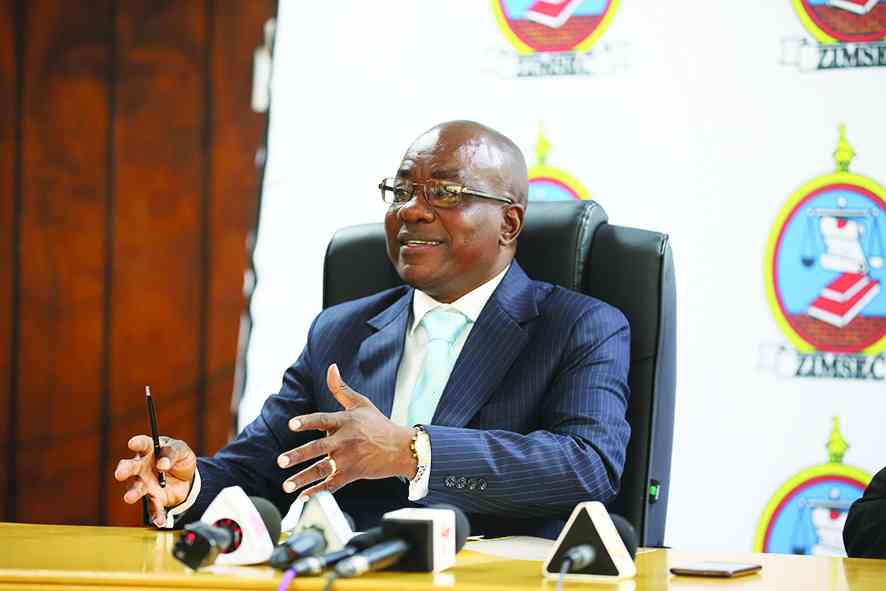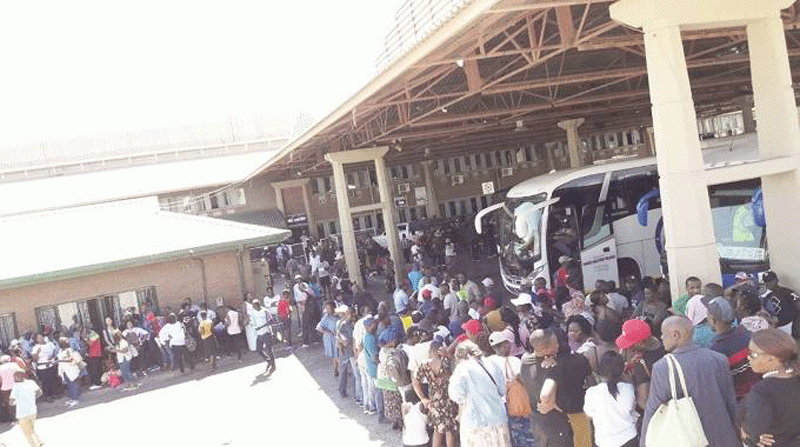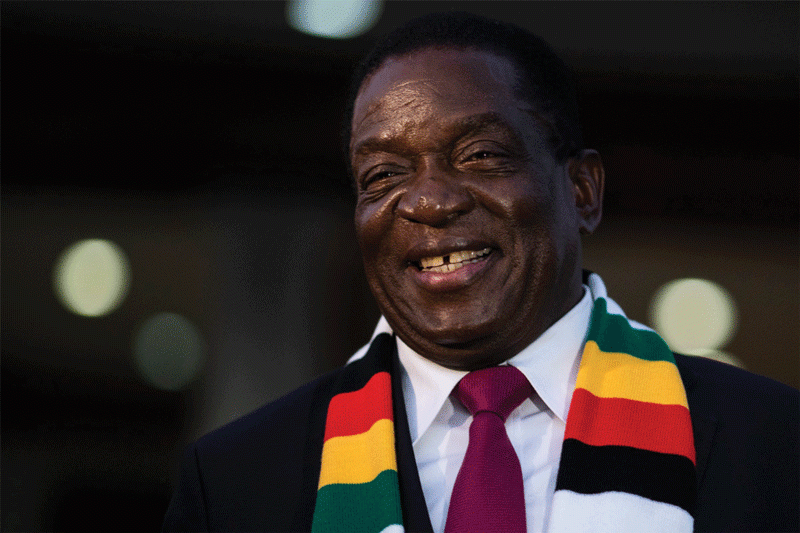
Reserve Bank of Zimbabwe governor Gideon Gono now regrets printing loads of worthless Zimbabwean dollars, a situation that led to record hyperinflationary levels in the country three years ago.
Gono made the startling revelation at the Independent Dialogue sponsored by the Zimbabwe Independent in Harare on Wednesday while responding to questions regarding when the country was likely to return to the Zimbabwean dollar.
There is no doubt that millions of Zimbabweans still have quadrillions of those dollars trapped in banks in the country. A large portion of that worthless currency includes lifetime savings, pensions and corporate investments whose values was wiped out by hyperinflation.
So now, is Gono’s regret just remorse and not repentance? The people of Zimbabwe went through a painful crisis when they did not even have enough to eat and were barely surviving. Gono was ordered by President Robert Mugabe to print money which grew the money supply at a rate well over Zimbabwe’s inflation rate. Mugabe, in fact, stated in July 2007 that Zimbabwe would continue this practice of printing more currency as and when required.
This indiscriminate printing of money led to hyperinflation. Zimbabwe was printing trillions of additional Zimbabwean dollars daily at a time when the economy was actually contracting (quite rapidly).
The punitive regulatory measures that Gono imposed on traders served only to increase the rate at which Zimbabwe’s economy contracted. The majority of the population was on the brink of starvation.
Inability to buy necessities only led to large-scale deprivation. Moreover, government tried to regulate the economy by barring businesses from raising their prices, and in fact ordered them in July 2007 to reduce prices by 50%, in an attempt to rein in inflation.
This was a losing proposition for the businesses who found themselves faced with equally grim choices of either to defy Mugabe or to cease trading.
- Chamisa under fire over US$120K donation
- Mavhunga puts DeMbare into Chibuku quarterfinals
- Pension funds bet on Cabora Bassa oilfields
- Councils defy govt fire tender directive
Keep Reading
Those who chose to defy him were arrested. This dealt a massive blow to the entire business sector and their supply chains. The manufacturing sector virtually closed shop as businesses were not free to set prices rationally.
The adverse government intervention rendered the entire market mechanism defunct and ineffective. In the midst of this suffering, a cholera epidemic killed over 1 100 people.
The mercurial Gono has now woken to the realities of his actions. One wonders whether he at the time had the spine to advise Mugabe of what he is now preaching.
We recall that Gono and Mugabe told the world that bookish economics did not work; all in the vain hope of trying to convince the nation that the country’s salvation rested in the printing press. Yet, he is turning around telling the world that he is regretting what he did.
Crocodile tears! Gono was a demigod, a de facto prime minister, dishing out cash to individuals and companies alike like confetti in his sanctions-busting mission, which eventually failed to achieve its intended goal. In fact, the failing currency nearly ended Mugabe’s rule and eroded the little legitimacy Zanu PF had.
That he now realises the grave error should be a poignant lesson to mandarins in the inclusive government who still have a huge appetite to spend resources which do not exist.
This paucity of fiscal discipline is more often than not the genesis of sinister interventions, which lead to printing of money. As central bank governor in the dollarised economy, Gono should render support to the Ministry of Finance to ward off attempts by crocodiles in Zanu PF to raid the till again.
As of now, we expect to hear more remorseful words from Gono on private foreign currency bank accounts the central bank raided at the height of the crisis here. Again, we expect to hear “ . . . I have got experience in that so if there is something that I can teach the world as free advice . . . is — Don’t do it!”











